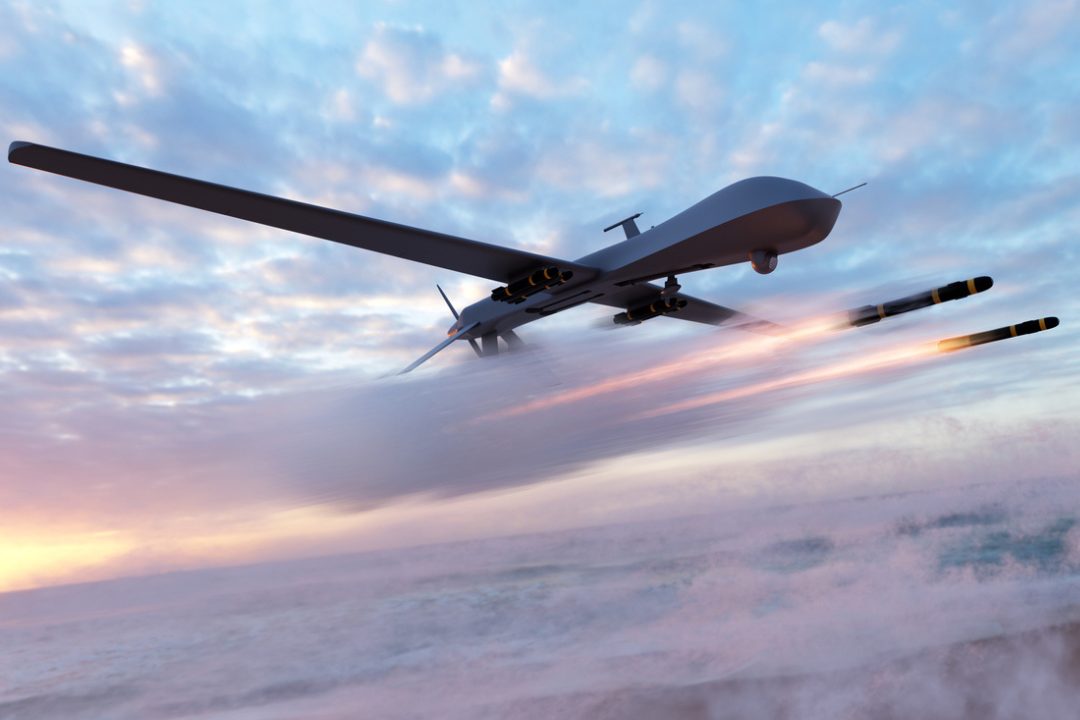In GW Law's Oswald Symister Colclough Research Professor of Law, Laura A. Dickinson's recent publication Over-the-Horizon Drone Strikes in an Ongoing Global War: Afghanistan and Beyond she discusses the challenges and limitations of applying domestic and international legal frameworks, including jus ad bellum and international human rights law, as the US conducts over the horizon, unmanned aerial vehicle operations, while US officials provide conflicting statements on whether the US remains at war. Read below her answers about conflicting statements and more.
1. US officials have declared the War in Afghanistan over. Yet, in your review of Drone Strike: Analyzing the Impacts of Targeted Killing by Mitt Regan, you explain how that statement conflicts with what's actually going on. Can you explain how those conflicting statements might affect the average American and/or the national security community?
"Even though the President has declared the war to be over, U.S. government officials still appear to be arguing that the law of war applies to US operations there, such as drone strikes to kill terrorist leaders. So, even though we have brought our armed forces home from Afghanistan, and the threat that terrorist groups in Afghanistan pose to the United States is greatly reduced, we are still on a war footing there as a matter of law. And, more broadly, the United States is continuing to argue that we are still engaged in what is essentially a global war against certain terrorist groups. This means that the primary operative legal framework for our military operations against terrorists is the law of war, which has more permissive rules for using lethal force than other legal paradigms such as human rights law. The biggest direct impact is on the people within of foreign countries where we are conducting military operations -- even though we have helped reduce the terrorist threat dramatically, the United States is still using a war framework to fight terrorism overseas. The risk is that people in those countries will no longer welcome the U.S. presence, and it could undermine the perceived legitimacy of our partnerships around the world. In my view, in some places, it's time for us to consider leaving the war paradigm and adopting a more restrictive approach to the use of lethal force."
2. What is the biggest misconception about drones used in war?
One big misconception is that only big, powerful countries such as the United States use them. More and more countries, as well as non-state actors are using them on the battlefield. They are, for better or worse, an inevitable part of battlefield operations, and they will likely only grow more more prevalent.
Read Professor Dickinson's full publication Over-the-Horizon Drone Strikes in an Ongoing Global War: Afghanistan and Beyond.


